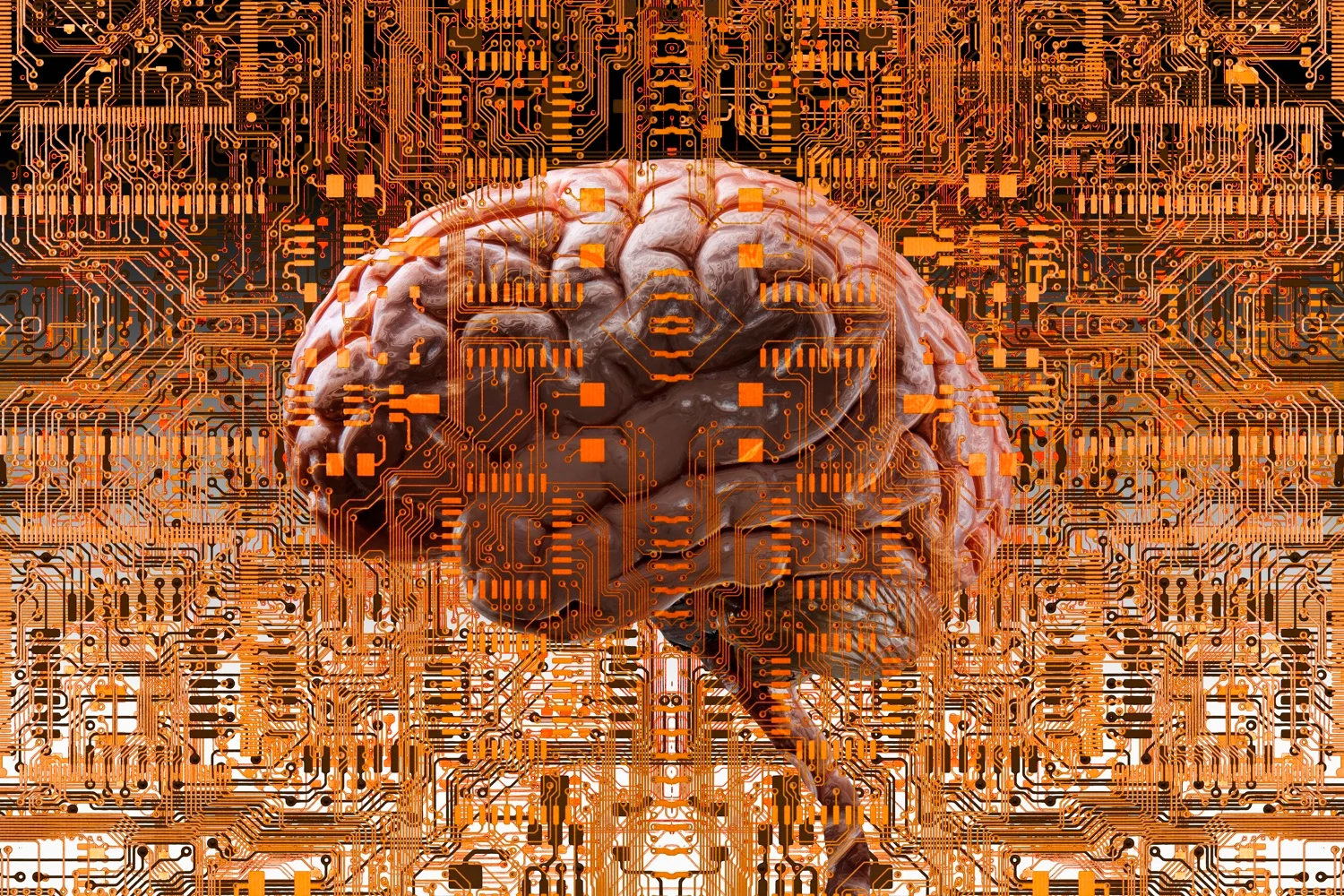Blog

Creating artificial intelligence with real human brain cells
In a new paper published in Frontiers, a large international collaboration led by researchers at John Hopkins University (JHU) details how brain-machine technologies represent the newest frontier in bioinformatics and offers a roadmap for making it a reality.
As the paper explains, organoid intelligence (OI) is an emerging field in which researchers are developing biological computing using 3D cultures of human brain cells (brain organoids) and brain-machine interface technologies. These organoids share aspects of brain structure and function that play a key role in cognitive functions such as learning and memory. They would essentially serve as biological hardware and could one day be even more efficient than current computers running artificial intelligence programs.
For example, the human brain has an incredible capacity to store information: the average brain can store about 2,500 terabytes, according to the paper. Researchers envision complex 3D cellular structures that would be connected to artificial intelligence and machine learning systems.
Researchers have previously combined biological and synthetic to teach brain cells how to play Pong - a proof of concept that was carried out by some of the same scientists involved in the initiative. That project involved the creation of a DishBrain system, in which the researchers created a brain-computer interface, giving neurons simple electrical sensory input and feedback that allowed them to "learn" the game.
However, the new work sees even greater applications than making cells play video games. For one thing, brain organoids could have applications in medicine. The authors write that OI research will allow exploration of inter-individual neurodevelopmental and neurodegenerative disorders and revolutionize drug testing research.
As with artificial intelligence, there are ethical concerns, and researchers recognize this. To ensure that OI is developed in an ethically and socially responsive manner, they propose an "embodied ethics" approach, in which "interdisciplinary and representative teams of ethicists, researchers and members of the public identify, discuss and analyze ethical issues, and feed these back to inform future research and work".
This technology is not exactly ready to be implemented tomorrow. However, researchers position the documents as a starting point for more research.
Source:https://www.frontiersin.org/journals/science/articles/10.3389/fsci.2023.1017235

Leave a Comment
Comments (0)
No Comments Yet
Be the first to share your thoughts!